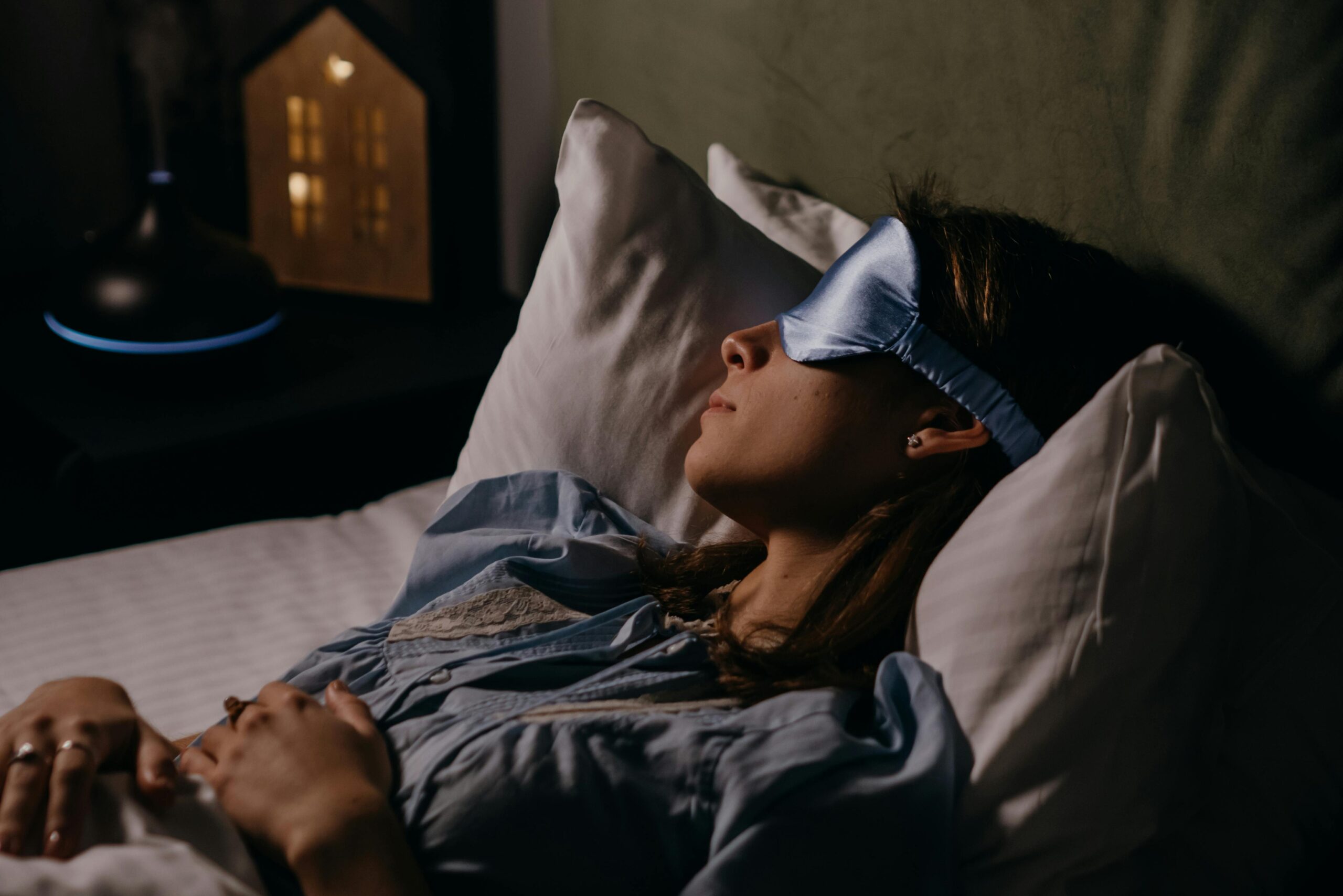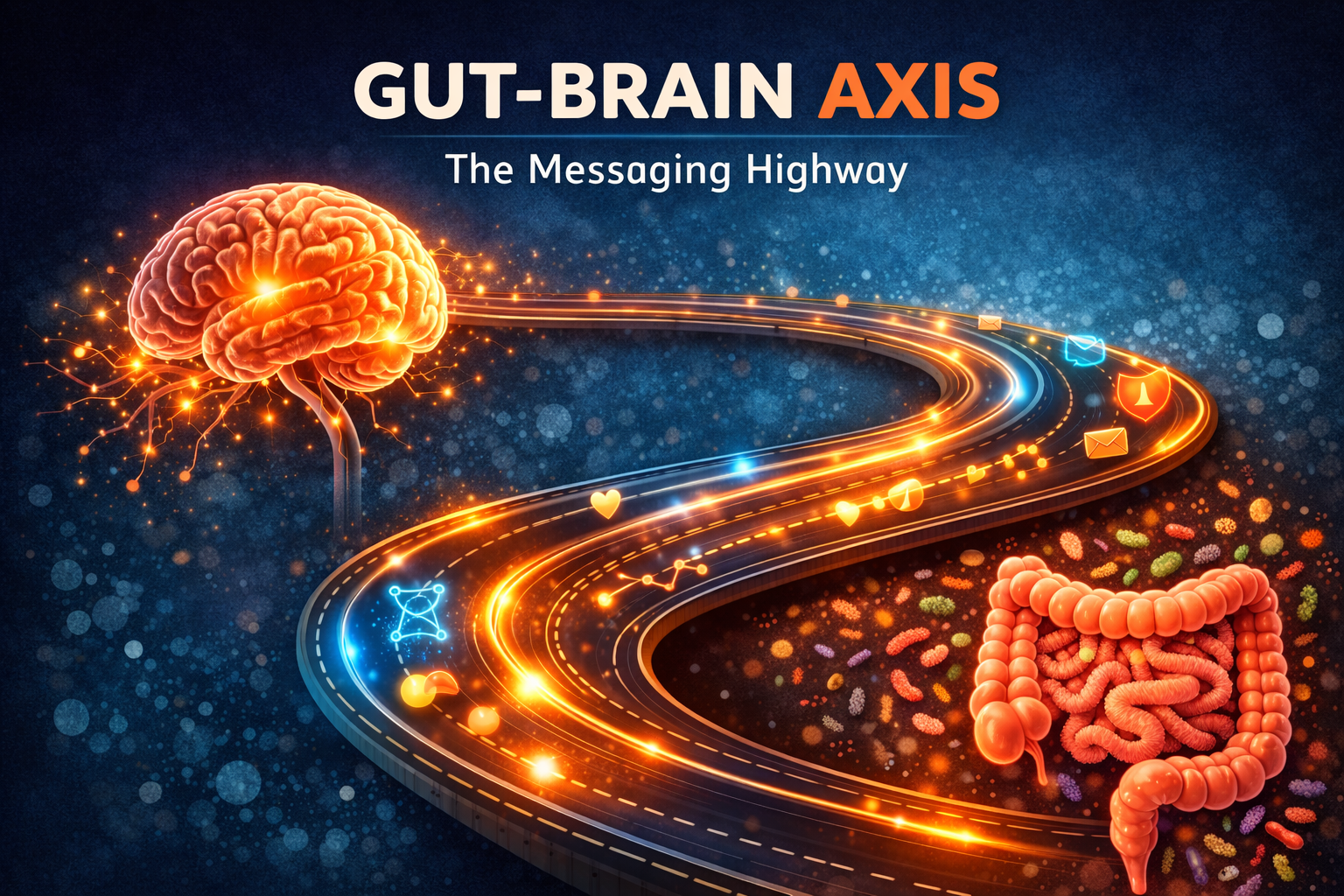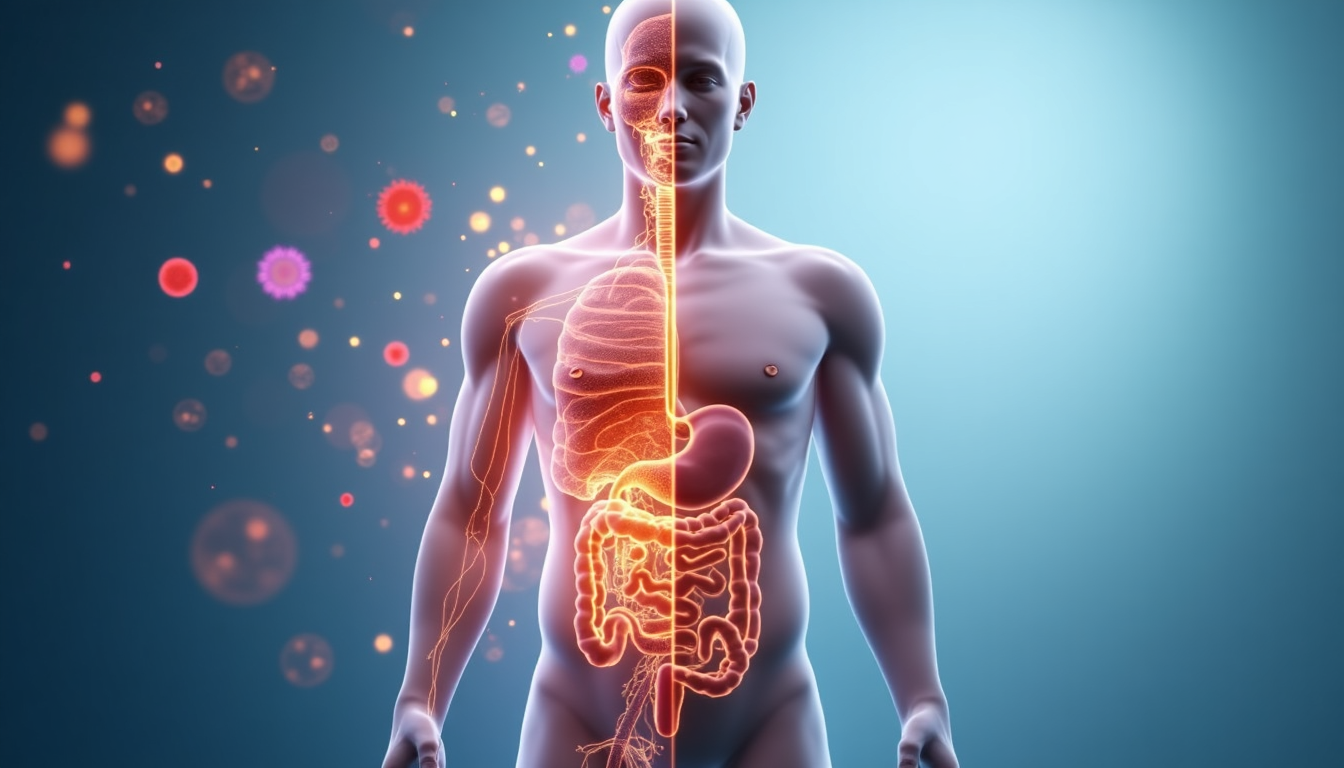
Hormone Imbalances and Sleep: Why Cortisol and Progesterone Matter
Hormone imbalance and sleep is often an overlooked relationship when considering sleep problems. Difficulty falling asleep, waking in the night, or feeling unrefreshed in the
Research published this week suggests that a sweet drink allowed students to remain calmer under stressful provocation than their counterparts who had been given an artificially sweetened drink. Student volunteers performed tasks such as preparing a speech to be read to a stranger; this speech was then criticised as boring and disappointing. Those who had drunk a sugary lemonade responded to this provocation leading the Australian researchers to conclude that the brain may need glucose for functions such as controlling behaviour.
The researchers are correct in concluding that the brain needs glucose to function correctly. However, they fail to acknowledge that sugary drinks will provide the brain with glucose for only a short time because insulin will be produced in order to reduce the high blood sugar. This will ultimately result in a lowering of blood sugar to levels below the consumption of the sugary drink, and an increased likelihood of poor stress control and aggressive responses.
The study involved the students fasting for 3 hours. After three hours, most people would have a falling blood sugar that may make them susceptible to mood changes. The study did not report what the students had eaten prior to the fast, but if it was a meal low in protein, complex carbohydrates and essential fats (these are students!), it is likely that their blood sugar was quite low. The students drinking the sugary drink would have increased their blood sugar, but only for a short time.
In order to avoid these dips in blood sugar that can cause mood swings and a reduced ability to deal with stressful situations and remain calm under provocation, it is important to eat regular meals and snacks containing protein, essential fats and low glycaemic carbohydrates that are digested slowly. The brain will then have a constant source of glucose without the need for hormonal involvement that may cause stress. Avoiding simple sugars reduces the production of insulin that can ultimately result in low blood sugar. Eating three meals and at least two snacks daily, going no more than three or four hours without food, can help to regulate blood sugar and hormones.
Why not try some of these meal and snack ideas to balance blood sugar, or call Emma at Smart Nutrition to get more advice?
Breakfast suggestions:
*Porridge with milk and berries and/or cinnamon to sweeten
*Muesli with nuts and seeds and milk or yogurt
*Fresh fruit salad with yogurt, nuts and seeds
*Grilled bacon with tomatoes
*Scrambled, boiled or poached eggs on a slice wholemeal toast
*Peanut butter on wholemeal toast
Snack suggestions:
*Nuts, seeds or natural yoghurt with some fruit. Low-sugar fruits include apples, pears, plums and berries, while high sugar fruits are dried fruits (the dehydration process means the fruit sugar is more concentrated), bananas, grapes and melon. Fruit’s high nutrient content outweighs the negative sugar impact in most cases, but be aware that if you’re going to eat a banana, for example, it might be wise to also have some nuts in order to keep things balanced.
*Oatcakes with nut or seed butter eg tahini, peanut butter, almond butter
*Vegetable crudités with hummus
*1-2 squares dark chocolate with nuts to balance the sugar. This way you can still have chocolate as a snack, but just make sure you are balancing the sugar if you do. Same goes for biscuits/cake etc. If you do have these foods (try to limit them as much as you can), ensure you also have some protein to counter-balance the negative effects.
Lunch suggestions:
*Wholemeal sandwich/pitta/roll etc or salad centred around a protein source such as chicken, tuna, salmon, cheese, lentils, tofu, nuts, hummous etc
*Soup with meat or lentils with a wholemeal roll and soft cheese/peanut butter instead of butter
*Egg/beans/peanut butter on toast (beans are a mixture of complex carb and protein)
*…and follow with nuts/yoghurt/fruit (if well tolerated). Following with refined foods will just make you crash and burn and heading for a mid-afternoon slump!
Dinner suggestions:
*Grilled or roasted meat or fish with seasonal vegetables and brown rice, pasta or potatoes with skin (boiled, mashed or baked)
*Stir-fry including chicken, prawns, cashew nuts, tofu etc and vegetables served with wholemeal rice or egg noodles. (Brown basmati rice is the lowest GI rice)
*Meat or lentil curry with brown rice
*Spaghetti bolognaise with wholemeal spaghetti
*Salmon fillet with steamed broccoli, courgette and peppers and sweet potato mash (sweet potato is lower GI than regular potato)
Or any protein with or without a small amount of wholegrain rice, pasta or bread, quinoa, noodles or potato with skin (boiled, mashed or baked) and lots of salad, fruit or veg for vitamins and minerals.

Hormone imbalance and sleep is often an overlooked relationship when considering sleep problems. Difficulty falling asleep, waking in the night, or feeling unrefreshed in the

‘Detox’ has become one of the most misunderstood concepts in modern wellness. For many people, it brings to mind juice cleanses, restrictive diets or short-term resets promising quick results. Yet the body’s true detoxification systems are far more complex — and far more intelligent — than any cleanse.

Anxiety and gut health are closely linked through the gut–brain axis. Research suggests the gut microbiome, neurotransmitters and genetics may influence stress responses and emotional well-being. Exploring gut microbiome and nervous system insights can help build a more personalised understanding of anxiety.

Strange symptoms can puzzle anyone. Your body might show signs ranging from headaches and skin rashes to digestive problems and anxiety. Doctors sometimes struggle to explain these mysterious health issues that affect millions of people worldwide.
Please do not return samples to the laboratories that may arrive after Wednesday 27th March and up to and including Monday 2nd April.
The laboratories are closed from the 28th March – 2nd April for the Easter Holiday.